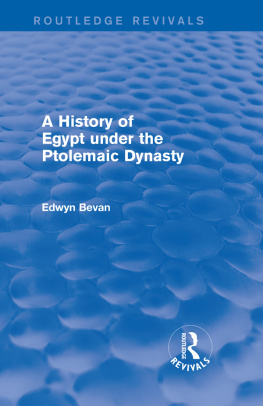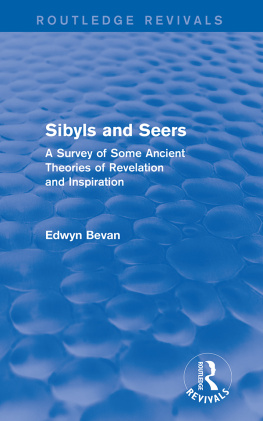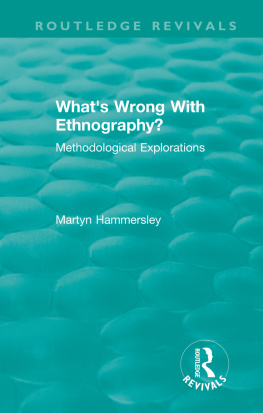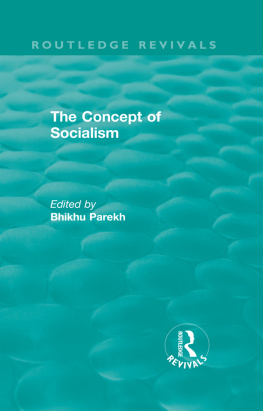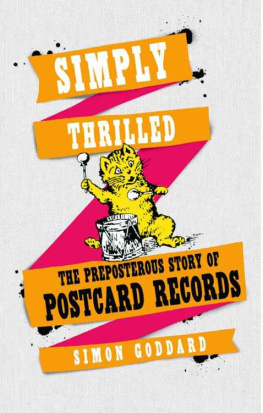Routledge Revivals
Thoughts on Indian Discontents
First published in 1929, this title presents some reflections from one of the leading cultural commenters of his day, Edwyn Bevan, on the notoriously controversial subject of burgeoning Indian Nationalism during the twilight of the British Empire.
Bevans analysis of the peculiarities, tensions and divisive issues of the Indian situation as it existed at the end of the 1920s is of particular relevance today, as historians attempt to develop a nuanced and, as far as possible, objective account of the differing mentalities that proved so volatile. The argument proceeds with reference to a range of seemingly disparate topics: the difference between forward- and backward-looking nationalism, the physical well-being of the average Indian, and religious ethos, to name only three. This fascinating reissue will prove valuable to students of Indian and colonial history, British foreign policy and the politics of nationalism.
First published in 1929
By George Allen & Unwin Ltd
This edition first published in 2014 by Routledge
2 Park Square, Milton Park, Abingdon, Oxon, OX14 4RN
and by Routledge
711 Third Avenue, New York, NY 10017
Routledge is an imprint of the Taylor & Francis Group, an informa business
1929 George Allen & Unwin Ltd
All rights reserved. No part of this book may be reprinted or reproduced or utilised in any form or by any electronic, mechanical, or other means, now known or hereafter invented, including photocopying and recording, or in any information storage or retrieval system, without permission in writing from the publishers.
Publishers Note
The publisher has gone to great lengths to ensure the quality of this reprint but points out that some imperfections in the original copies may be apparent.
Disclaimer
The publisher has made every effort to trace copyright holders and welcomes correspondence from those they have been unable to contact.
A Library of Congress record exists under LC control number: 30020622
ISBN 13: 978-1-138-02383-3 (hbk)
ISBN 13: 978-1-315-77363-6 (ebk)
FIRST PUBLISHED IN 1929
All rights reserved
PRINTED IN GREAT BRITAIN BY UNWIN BROTHERS LTD., WOKING
AT a moment when India is much in the thoughts of men, and books dealing with the great problem, in view of the present crisis, are multiplied, the reflexions contained in this little book may be put forth for what they are worth. They go little into the details of the situation, for which, indeed, I have not sufficient knowledge. But just as sometimes the general lie of a mountain may be better discerned by one who looks at it from a distance than by someone close enough to see the details of rocks and trees, so it is just possible that my view of the Indian problem, although I look at it from a distance, may enable me to see some of its general lines in relation to the moving world of to-day. The little book on Indian Nationalism (Macmillan), which I wrote in 1913, had a kindly reception both from some of the Englishmen who had large experience of Indian administration and from some Indian Nationalists. It made, perhaps, no contribution likely to be permanently remembered, except one phrasethe steel frame, quoted from it by Lord Sinha when he made his Presidential speech at the Indian National Congress, and quoted from Lord Sinha by Mr. Lloyd George in a speech from which it has passed into general currency. The phrase is now offensive to Indian Nationalists, although in its original context it was unexceptionable: my point was to insist that a steel frame, even if necessary, could hardly be comfortable, and that you could not be surprised if the wearer wished to get rid of it.
THOUGHTS ON INDIAN
DISCONTENTS
MORE than a century ago, as the result of a process which the rulers of England never clearly intended, the people of this Western island became the dominant power in the ancient and far-off and alien world of India. This rule of one people over another seemed to our ancestors to be justified by the great precedents of human history. Conquest of weaker peoples by stronger had always gone on in the world. England was only doing the same sort of thing which Rome had done, and Rome had never felt squeamish about its right to rule. Whatever ugly and evil passages there may be in the story how Rome built her Empire, the building of it certainly did display notable powers and capacities of the human spirit, and even certain kinds of moral virtue, which make the Roman Empire an achievement unquestionably imposing. There have always been people in England who thought of British rule in India in the light of such analogies. We have gained India, so they feel, as a possession by force of arms and political sagacity, and to think of relinquishing our power from any moral or sentimental scruple is a weakness which would make us show as poor creatures beside the Romansa lamentable failure of nerve. Unfortunately we have a more complicated spiritual constitution than the men of that old pagan world; even if we are not Christians, there is enough Christianity in our make-up to prevent us being wholeheartedly and happily pagan. Quite early in the history of British rule, the idea of right conferred by conquest was crossed by another idea which had never entered the mind of the Romansthe idea of trusteeship, the idea which regarded the people of India after the analogy of a minor who has to be trained by his guardian for independence. Great Englishmen in India at the beginning of the nineteenth century, like Elphinstone and Munro, looked forward frankly to England resigning the power to Indians some day, when Indians had received the necessary political education. The strange relation between this Western people and India was then a new thing, but as time went on and generations came who found British rule in India a fact in the world into which they were born, it came to seem part of the permanent order of things, and the imagination of a day when England would withdraw was relegated to a future so distant that it ceased to count for present action. Also an effect of the Mutiny was inevitably to make rule by the strong hand seem the essential thing for many days to come. Yet there continued to be from time to time utterances by people in authority which held up the other ideathat of training India for self-government. Only one could hardly say that the Government had committed itself to this policy: the other viewthe strong hand and no concessionshad a large amount of support amongst those who served, or had served, in India, and it was still doubtful which way the Government would ultimately incline. A copy of the little book on Indian Nationalism, which I wrote in 1913, has been given me with pencilled annotations on the margins written by someone who had held, shortly before that date, one of the highest places amongst the British in India. I had written, We have had authoritative statements that the ultimate object of the British rulers is to train India for self-government, and the pencilled comment is Cant: we have sunk tons of money in India, and it would be a bold man who says we would risk its loss.
Then, eight years later, during the War, came the epoch-making statement in Parliament which issued in the Montagu-Chelmsford reforms. England committed itself publicly and definitely to the policy which my critic had described as cant. By the Act of December 1919, not only was a declaration made that szvaraj was the goal of British rule in India, but the work of transferring power was actually begun by the transference of certain departments of Government to Indian Ministers elected by Indians, and it was provided that every ten years a commission should consider whether the condition of things admitted of further transference. There remained now no difference between the view of the end adopted by the British Government and the view asserted by Indian Nationalists. There remained only disagreement regarding the way to that end. The British Government was resolved to transfer the government to Indians bit by bit, according to its own judgment what, at each date, the situation allowed: the Indian Nationalists wanted more powers transferred to them at once, and the rate of transference to be regulated by themselves, not by the British.


